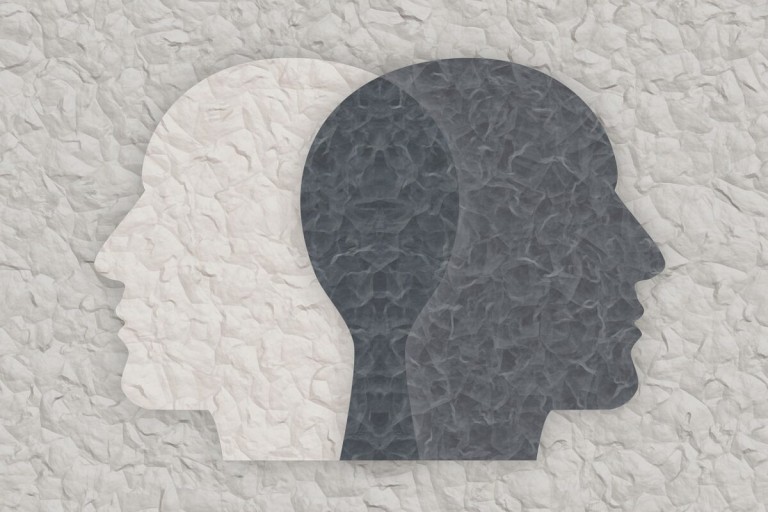Bipolar disorder is a psychological condition, that causes people with the disorder to have extreme and intense emotional states. Everyone experiences ups and downs in life but people suffering from bipolar disorder, also known as manic or depressive disorder, go through a dramatic change in the ability to perform everyday tasks and unlike normal mood swings, the mood swings of someone diagnosed with bipolar disorder are so severe that they can affect work and school performance, damage relationships, and affect functioning in daily life.
According to the National Institute of Mental Health (NIMH), there are serious behavioral changes and mood changes that can seriously affect a person’s life because they range from extreme mania to severe depression. A person with bipolar disorder may experience a so-called manic episode. Both manic and depression phases can range from a few hours to several days or even weeks or months at a time. If a person suffering from bipolar disorder becomes depressed, they may feel sad or hopeless, lose interest in pleasure, or feel euphoric, full of energy, unusually irritable, and extremely elevated mood called mania.
Some signs that suggest that a person might have bipolar disorder:
- Being confused and inattentive
- Being moody
- Out of character impulsive behavior
- Not needing much sleep to feel rested
- Out of character episodes of anger and aggression
- Having over confidence
- Crying easily and being frequently sad
According to the American Psychiatric Association, there are four categories of bipolar disorder:
- Bipolar I disorder
- Bipolar II disorder
- cyclothymic disorder
- bipolar disorder due to another medical or substance abuse disorder
There are some factors that may increase the risk of developing bipolar disorder or trigger it such as having first-degree relative suffering from bipolar disorder, experiencing periods of high stress such as the death of a loved one or other trauma, and drug or alcohol abuse.
If left untreated, they can lead to mental health problems, damaged relationships, and even death. But fortunately, Bipolar disorder can be treated and people with the disease can lead fulfilling and productive lives.
